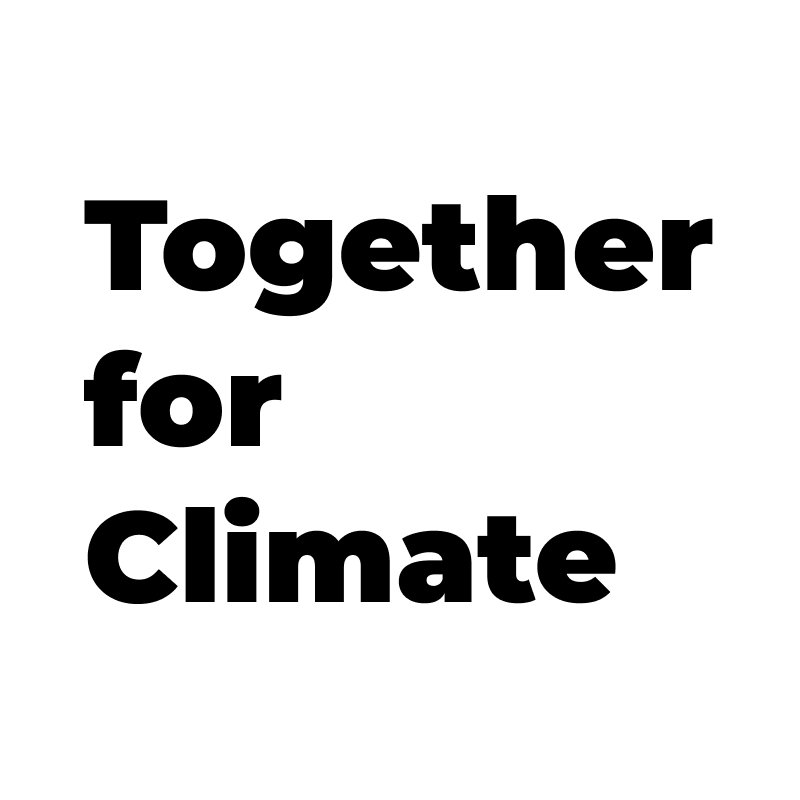Why educating women and girls is important for climate action
It's no secret that overt gender discrimination is a persisting issue in low and middle-income countries, but how is this affecting climate change?
Harmful gender norms, sexism, and child marriage have meant that many girls and women living in poverty are the most vulnerable but the least visible victims of climate change. What is less discussed is the fact that ensuring that girls receive a considerable amount of education (at least 12 years) can be a powerful climate solution as it tackles the underlying inequalities that girls face that sustain climate change's root drivers, as a result of better education, women and girls are less vulnerable to the effects of climate change.
Research from Indeed enlightened how investing in the education of girls can strengthen climate strategies in three different ways:
Advancing their reproductive health rights
Increasing girl's climate leadership and their green decision-making
Developing girl's life skills for a green economy
In order to improve the effectiveness of climate change interventions, educating girls should be treated as a collective benefit rather than a separate issue. That is, climate change, gender, and education need to be integrated together as a collaboration for a mutually beneficial climate outcome.
When these three sectors link, the knowledge that uplifts girls and women, treating them as agents of change will help in the pursuit for sustainable development.
One way this can be seen is through the very fact that the majority of international climate activists are female. Studies have shown that the political empowerment of women and women in leadership roles is highly linked to better environmental issues. This includes the endorsement of environmental treaties, stricter climate change policies, smaller climate footprints, and more protected land areas - just to name a few.
Research has shown that not only are women leaders more likely to take advice from experts (which was shown during COVID-19) but that they are also more "people-orientated", meaning that they are more focused on community and the collective good. It's hard to pinpoint if they are inherently more community-minded or socialised that way, but it is an important trait for leaders to have in tackling the climate crisis.
However, what is often seen as the most prominent way that girls' education can be beneficial to climate action is through the empowerment of reproductive health and rights.
A quality education that has a focus on gender and power can empower girls' to understand that she has the autonomy of her own body, and thus how many children she bears...if she wants to at all. Family planning has the potential to avoid 85 gigatons of carbon emissions, helping to tackle the issue of overpopulation.
Of course, this is and should not be reduced to Western or richer countries (that have the highest emissions) forcing birth rates down in developing countries. Family planning has a focus on empowering women, helping to achieve reproductive equality and freedom, and empowering girls. The environmental benefits are just that - a benefit.
Without action, climate change threatens the decades of progress we have made for women and girls. Millions of girls are excluded from school - this number only is only increasing as a result of the pandemic and climate change.
When girls are not granted the right to an education, they are open to ill health and abuse - without any kind of agency over their own lives, they do not have the resources to build a better future for themselves or others. Their potential is quashed and any climate action they might have provided vanishes. They are forced into early marriages and to bear children.
Here at Together for Climate, we work with the Room to Read to help invest in education so that all children can pursue a quality education that pushes them to reach their full potential and contribute to the world.
